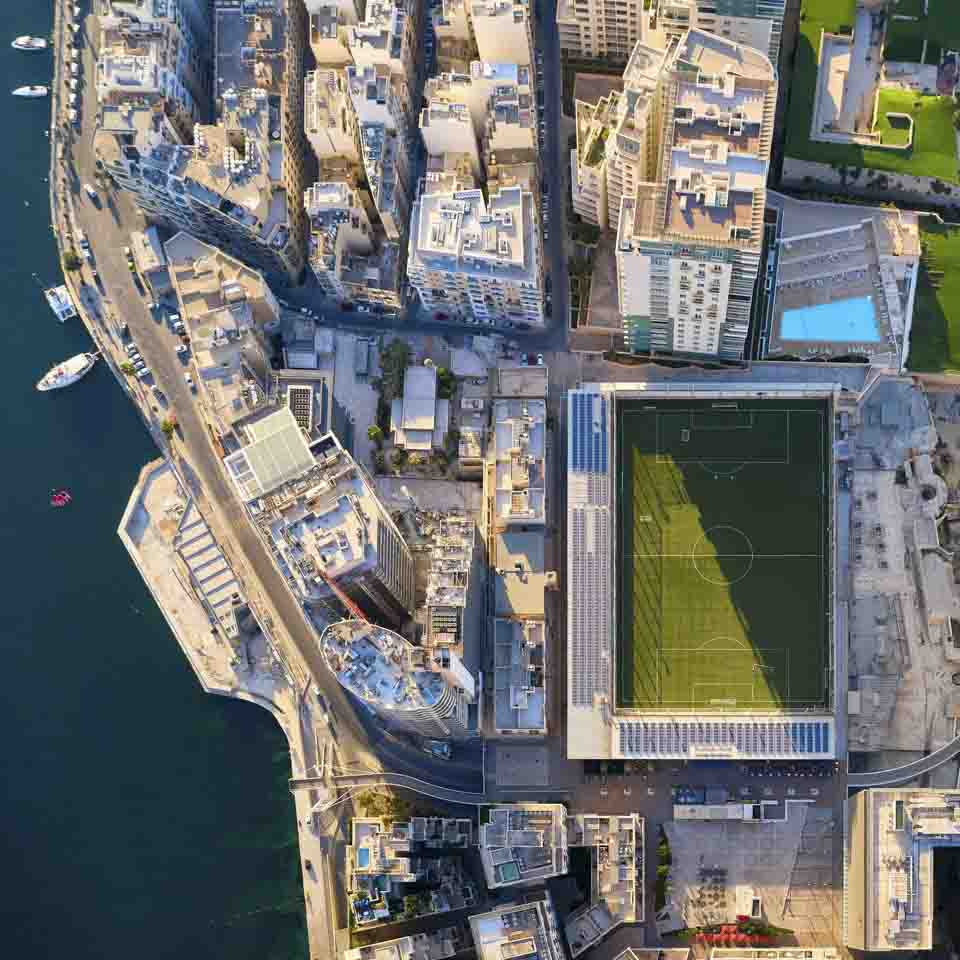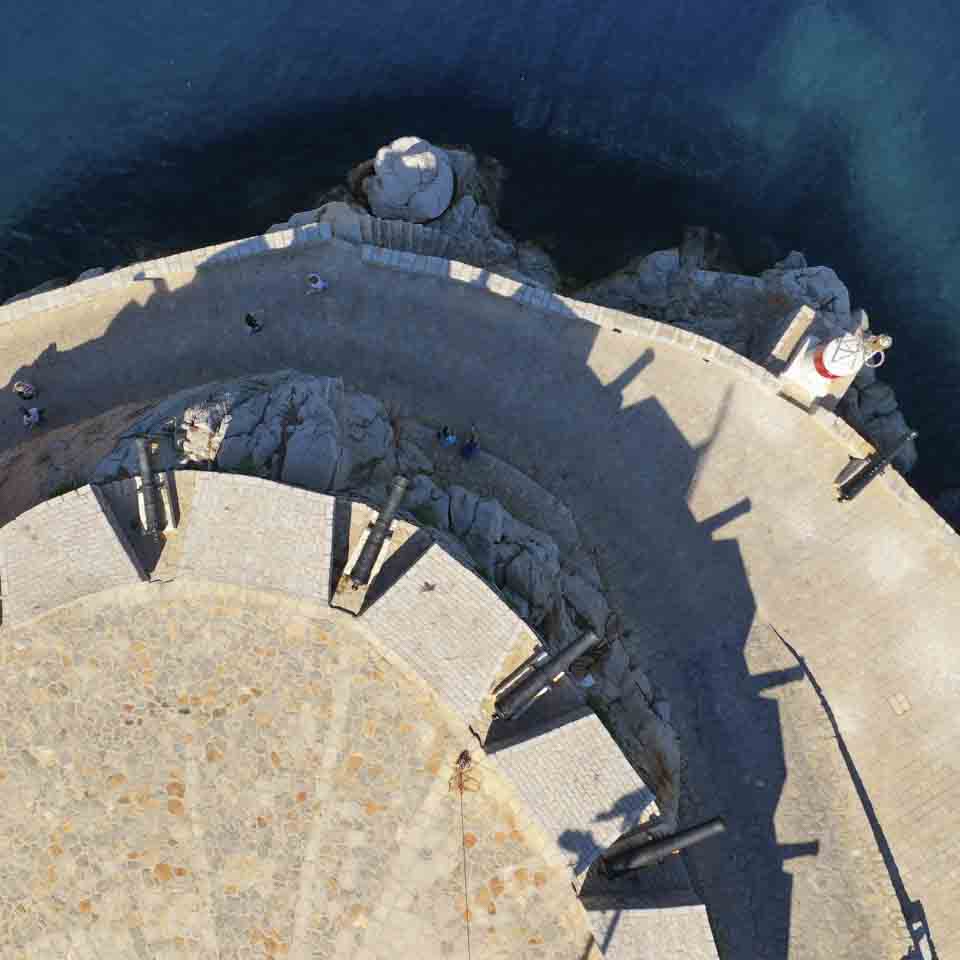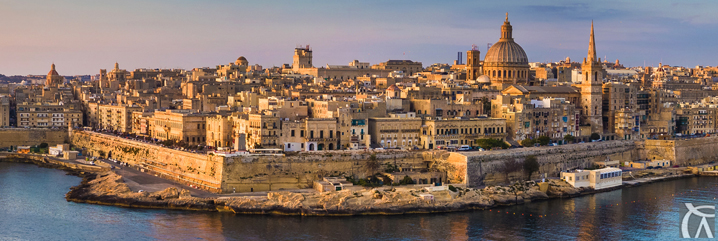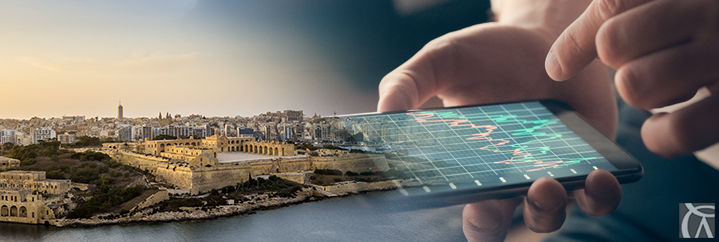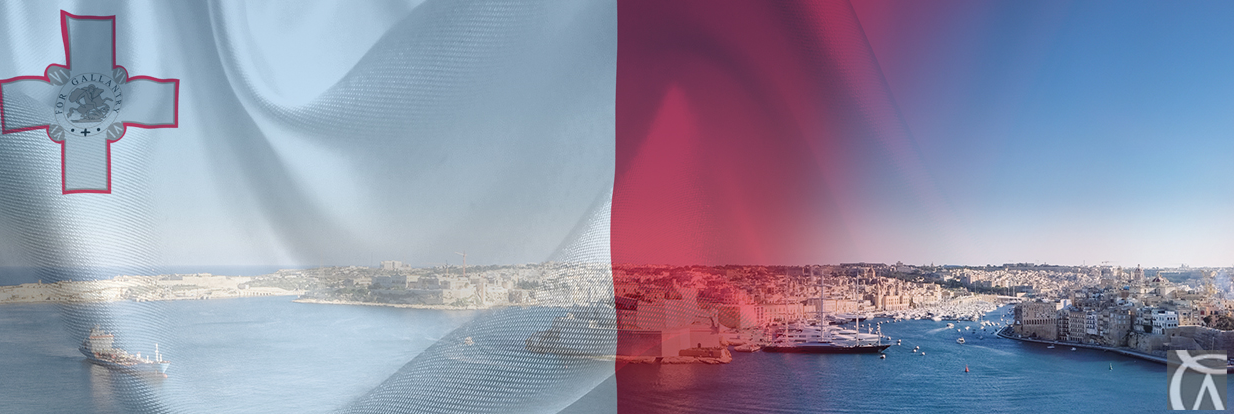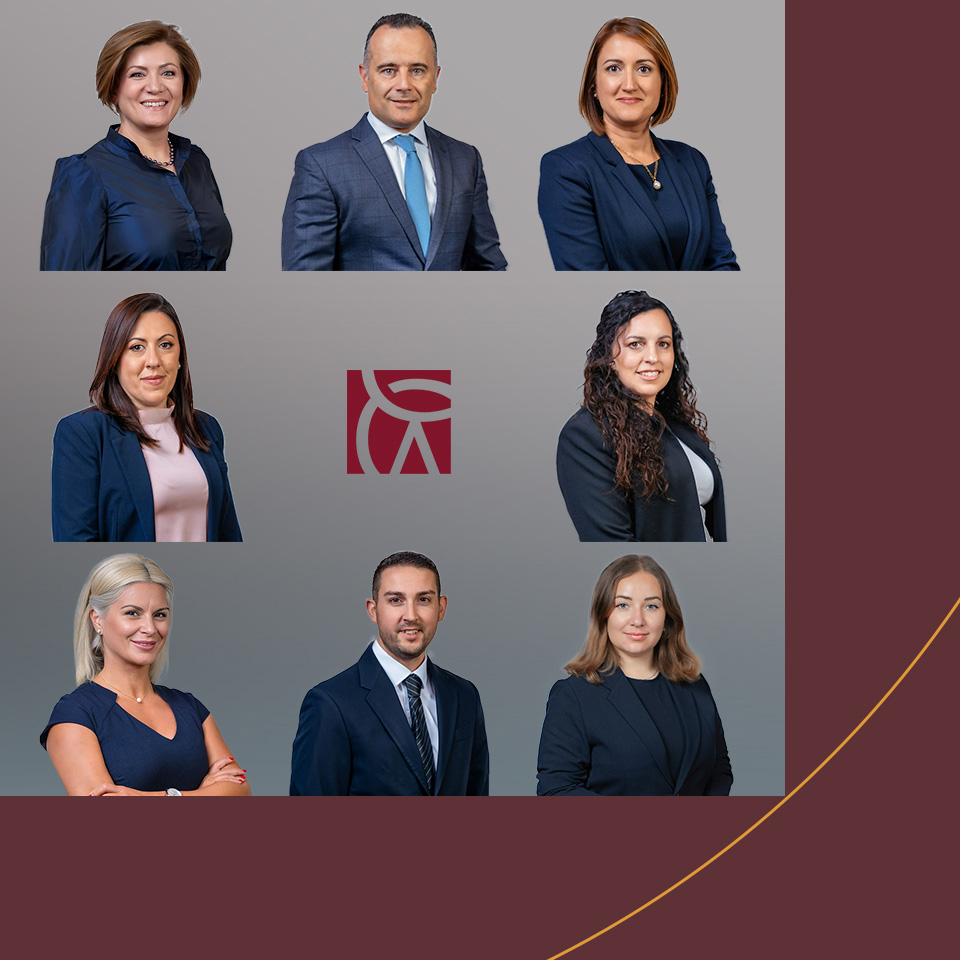Increased supervisory powers given to Malta's Citizenship Regulator and Citizenship Monitoring Committee
The Maltese Citizenship (Amendment) Bill no 138 has formally been enacted into law and published in the Malta Government Gazette. Act no 38 of 2020, also known as the Maltese Citizenship (Amendment no 2) Act 2020 makes it possible for scientists, researchers, athletes, sports people, artists, cultural performers, investors and entrepreneurs to obtain Malta citizenship through exceptional services to the Republic of Malta.
The Maltese Citizenship (Amendment) Bill no 138 has formally been enacted into law and published in the Malta Government Gazette. Act no 38 of 2020, also known as the Maltese Citizenship (Amendment no 2) Act 2020.
Maltese Citizenship for Exceptional Services to Malta
The 2020 amendments to the Maltese Citizenship Act make it possible for scientists, researchers, athletes, sports people, artists, cultural performers, investors and entrepreneurs to obtain Maltese citizenship through exceptional services to the Republic of Malta.
By virtue of this amendment, Article 10(9) of the Maltese Citizenship Act gives the authority to the Minister responsible for citizenship to grant a certificate of naturalisation to individuals who render exceptional services to Malta or to humanity in general or whose naturalisation is of exceptional interest to Malta. Exceptional is defined in the Act as manifestly superior and refers mainly to contributions done by scientists, researchers, athletes, sports people, artists, cultural performers, investors and entrepreneurs. The law also gives the authority to the Minister to grant citizenship to an eligible dependent of an individual acquiring citizenship through investment.
Malta's Investment Migration Programme
Act 38 of 2020 sets the legal framework within the Maltese Citizenship Act, the parent act to the legal notice regulating the granting of citizenship to investors by exceptional services. Malta's new investment migration programme providing a residence route to citizenship after 3 years of residence, and the criteria for a shortening of this period to 1 year. The applicant is also required to invest in property in Malta and make an exceptional direct investment. The exceptional direct investment required for the three year route to citizenship is in the amount of €600,000. A higher direct investment of €750,000 reduces the residence route to citizenship to one year. It is also expected that a minimum philanthropic donation of €10,000 to a local registered NGO will be a mandatory requirement.
The Legal Notice for Malta's new Investment Migration Programme of October 2020 will lay down the administrative and procedural workings of the programme that are expected to follow and build on the best practices of the Malta Individual Investor Programme, while making improvements on actual and perceived gaps experienced in the prior six years of citizenship by investment in Malta.
Powers of the Office of the Regulator
Act 38 of 2020 gives additional powers to the Office of the Regulator. The Prime Minister shall appoint a Regulator after consulting the Leader of the Opposition for the purposes of granting Maltese citizenship by naturalisation for exceptional services. The Regulator shall ensure that the process of granting Maltese citizenship is duly followed. The Regulator shall also prepare an annual report on the functions of his office and present it to the Maltese Parliament. In addition the Regulator may also investigate complaints by applicants or the applicants agent in relation to the process undertaken during the eligibility assessment which may have led to a refusal of an application for citizenship.
Setting up of a Monitoring Committee
The Act also sets up a Monitoring Committee tasked with monitoring the workings for the process of the granting of Maltese citizenship by naturalisation for exceptional service.









